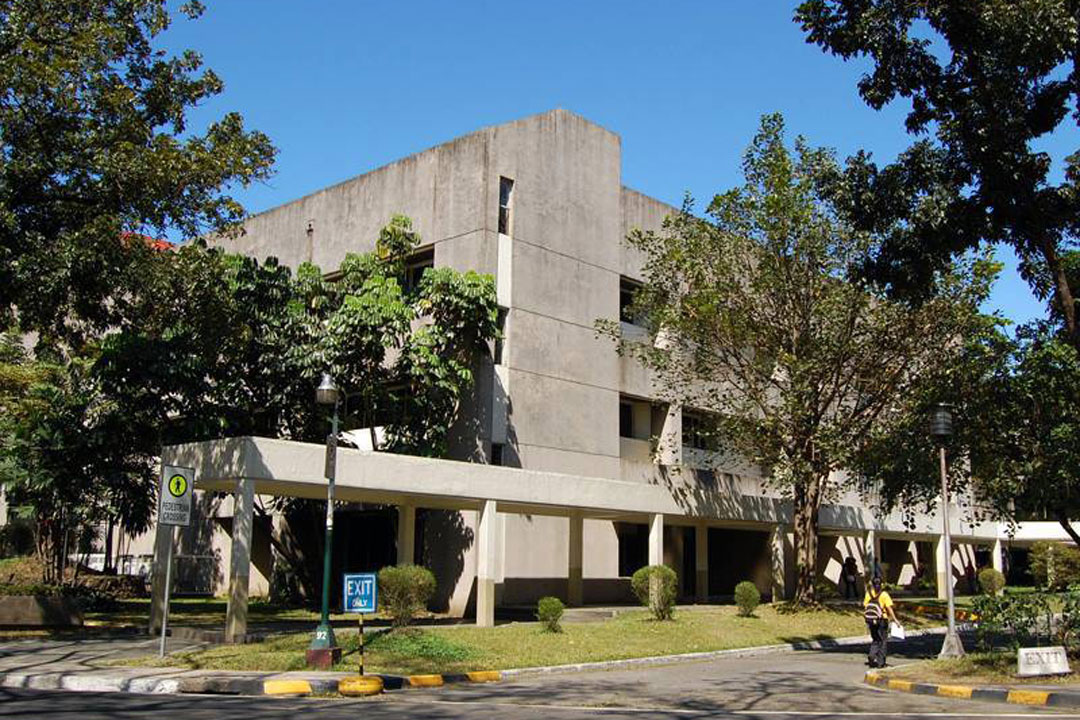Weak evidence seen for liberal foreign ownership boosting FDI — economists

LIFTING foreign ownership restrictions does not necessarily lead to increased foreign direct investment (FDI) or boost economic growth, according to a discussion paper published by the University of the Philippines School of Economics (UPSE).
“Our objective was to address the assertion that lifting foreign ownership restrictions in the Constitution is a necessary condition for improving economic performance and catching up with Vietnam and other ASEAN neighbors. We have discussed the available empirical evidence which in our view provides only weak support for such an assertion,” it said.
The paper was written by UPSE faculty members Toby C. Monsod, Aleli D. Kraft, Cielo D. Magno, Jan Carlo Punongbayan, Orville Jose C. Solon, Elizabeth Tan; UP Los Baños College of Public Affairs and Development faculty member Agustin L. Arcenas; and Florian Alburo and Emmanuel S. de Dios, both UPSE Professor Emeriti.
In March, a bill seeking to lift foreign ownership limits in the 1987 Philippine Constitution was approved on third and final reading by the House of Representatives.
The paper noted earlier arguments for economic charter change, such as the notion that restrictions have resulted in the Philippines lagging its neighbors in terms of FDI.
“The reasoning seems to be that since the Philippines is the only country in the region with foreign equity restrictions in its Constitution, and since it has (subsequently) been receiving the smallest portion of FDI into the ASEAN, then the former must have caused the latter — an obvious post hoc fallacy,” it said.
The restrictions alone were not the main reason behind the distribution of FDIs across the region, the paper said.
“Improvements in the business regulatory environment, combined with improvements in infrastructure, have effects on FDI that dwarf the size of those coming from any change in foreign equity restrictions.”
In 2022, the Philippines posted FDI inflows of $9.2 billion, behind Singapore ($141.2 billion), Indonesia ($22 billion), Vietnam ($17.9 billion), Malaysia ($17.1 billion) and Thailand ($9.9 billion), according to the ASEAN Investment Report.
Cambodia led the laggards at $3.6 billion. Myanmar had $3 billion, Laos $600 million, and Brunei, which had a $300-million net outflow.
“Differences in foreign equity restrictions may help explain some of the observed distribution of FDI from source countries to the ASEAN-5 since 2009, but they cannot be considered as the main explanatory factor and can hardly be called necessary,” the paper said.
“If economic charter change is premised on the necessity of lifting equity restrictions as a condition for improved economic performance, then this could be considered as evidence against it,” it added.
It also cited another paper that showed that improving perceptions of public sector corruption has a much stronger effect on FDIs than just lifting restrictions.
Meanwhile, the paper also cautioned against the assumptions that FDIs are immediately “good for national development and have a net contribution to economic welfare and efficiency.”
“Moreover, there might not be a direct causal relationship between FDI and economic growth per se. The observed relationship may be, simply, that the determinants of FDI happen to be the determinants of GDP growth,” it said.
It also noted that in some cases, FDI could be “counterproductive, even hurting resource allocation and slowing growth.” FDI may be growth-enhancing only when “certain local conditions or absorptive capacities are present.”
“The macro-empirical literature, which focuses on identifying a causal relationship between FDI flows or stocks and aggregate economic growth, finds no or only weak support for the claim that FDI per se accelerates economic growth,” the paper said.
“FDI has on average a detrimental effect on long-term income levels in developing countries, with the ‘growth-limiting effects of FDI exceed[ing] growth-enhancing effects’ in most countries, including the Philippines,” it added. — Luisa Maria Jacinta C. Jocson
